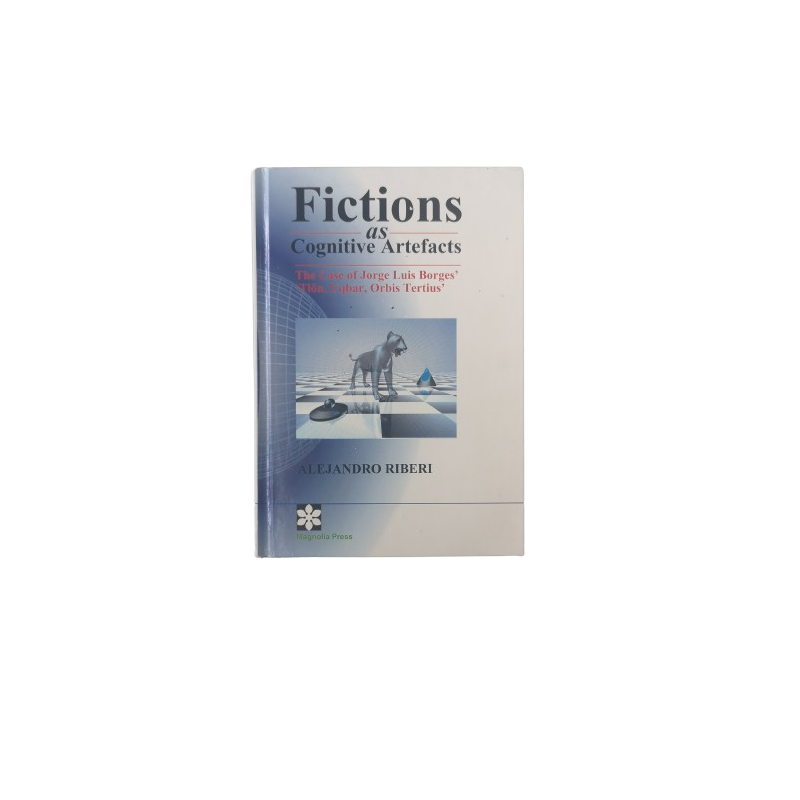



Dr A. Riberi
2004; 200 pp; 2 plates; 21 cm
Hardback ISBN: 1-877354-26-0
"Fictions as Cognitive Artefacts: The Case of Jorge Luis Borges’ ‘Tlön, Uqbar, Orbis Tertius’" delves into the unique convergence of cognitive and narrative fictions within Borges' masterpiece. This study unpacks the tale's philosophical underpinnings, revealing fiction's pivotal role in shaping our understanding of reality. Through five thematic cores—idealism, history, utopia, language, and representation—it illustrates how fiction can expand our cognitive horizons, inviting us to explore new realms of thought and drawing analogies that challenge our conventional wisdom. Borges' work emerges as a testament to the narrative's power to advance knowledge by imagining the unimagined.
Although contemporary studies have grouped fictions into two large classes: cognitive fictions and narrative fictions, in the case of Jorge Luis Borges’ ‘Tlön, Uqbar, Orbis Tertius’ these two notions seem to coincide. An examination of the correspondences between the story and a number of philosophical ideas, principally those related to gnoseology and representations, contributes to an elucidation of the role played by fiction in the discourse of knowledge. The study presents five thematic nuclei which intersect with notions of fiction that are discussed therein: philosophical idealism, history, utopian genre, language and representations. The cognitive power of fictional constructs lies in the apperceiving power they are able to prompt. They force our imagination into a space where two disproportionate elements are drawn into a comparison and thus an analogical pattern can be established. Fiction opens up complete new scenarios of thought. In a general sense, the enquiry concludes that narrative fictions advance knowledge inasmuch as they bring forth possibilities that otherwise would be excluded from our habits of thought. The knowledge of the world necessitates fictionalising acts through which the actual can be contrasted with the imaginable. The story that constitutes the corpus of this inquiry is a paradigmatic example in that sense.
You might also like